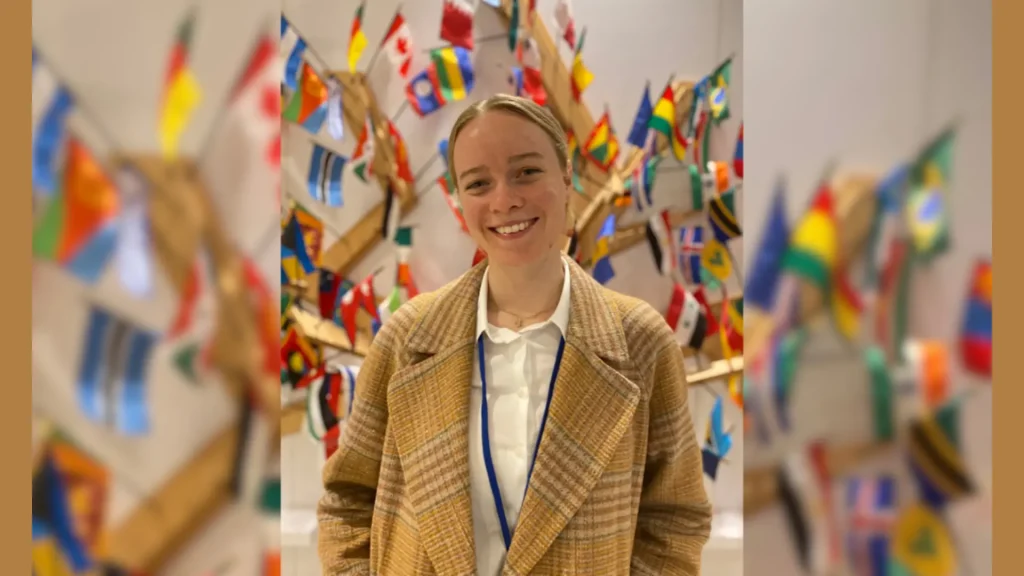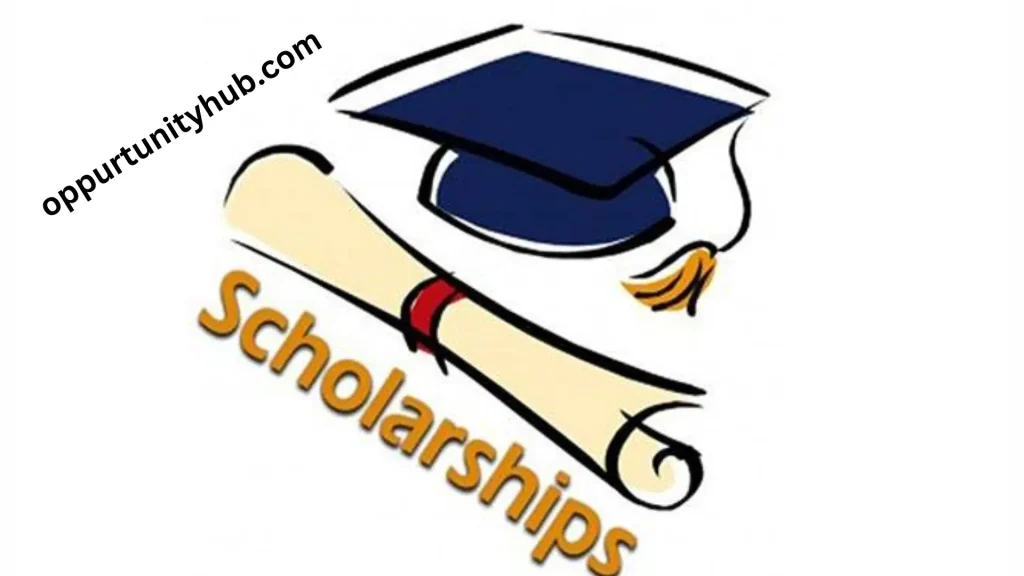The Rutherford Scholarship has an intention to honor and commend academic excellence among Alberta, Canada’s senior high school students.
Alexander Rutherford, who had the distinction of becoming Alberta’s first Premier and Minister of Education, has great regards because of this prestigious schemer. So, he became well-known for his enthusiastic support of public education, especially at the University of Alberta, and for his active involvement in community affairs.
Major features of scholarship:
The major features of this scholarship are as follows:
- Its objective is to motivate students to seek postsecondary education.
- To be eligible under the Immigration and Refugee Protection Act of Canada, an individual must be a citizen of Canada, a Permanent Resident of Canada, or a Protected Person (students on visas are not eligible).
- hold a valid resident permit in Alberta, subject to specific conditions.
- have completed their high school education on or after September 30, 1980.
- must have full-time enrollment in an apprenticeship program or approved undergraduate post-secondary education that lasts for at least one semester.
- Please take note that this scholarship is not available for graduate-level coursework or professional schools (such as optometry, veterinary medicine, or medicine).
- Once your official high school transcript is available and you have full enrollment in your current post-secondary education program, apply. Transcripts from high school will vary.
- You are eligible to receive the Alexander Rutherford scholarship only once.
Scholarship Value:
Organizations offer scholarships of up to $2,500.
Selection Standards:
- For at least one grade (Grades 10, 11, or 12), students must achieve a minimum cumulative average based on five designated courses.
- In addition, Albertans use their official Alberta Transcript of High School Achievement to determine their average based on the courses they take and the grades they receive.
Additional Awards:
Besides, when students apply for the Alexander Rutherford Scholarship, they have an automatically nomination for the following awards:
- The Award for Rutherford Scholars
- Dr. Ernest and Minnie Mehl’s Scholarship
- Scholarship Mildred Rowe Weston Memorial

Note:
Please be aware that the scholarship amounting for the 2023–2024 academic year has not yet any public announcement. But in prior years, the scholarship founded full-time postsecondary education up to CAD $2,500 per year. And, for the most recent information and application requirements, be sure to visit the official Alberta Student Aid website.
Deadlines:
First, once your official high school transcripts are available and you have full-time enrollment in post-secondary education, submit an online application.
Payment:
Next, within a month of your post-secondary institution verifying your enrollment or attendance in your undergraduate or apprenticeship program, Alberta Student Aid will issue you a check.
To apply for other scholarships along with the Rutherfold scholarship:
Increasing the number of scholarships you apply for is an excellent way to increase your chances of getting funding for your education. The following advice can help you apply for additional scholarships in addition to the Alexander Rutherford Scholarship:
Look at Additional Scholarships:
Look into the other scholarships you qualify for first. Investigate regional, national, and worldwide scholarship opportunities.
Think about the scholarships provided by government, corporate, community, and university organizations.
Verify the Eligibility Requirements:
There are particular requirements for each scholarship. Before submitting, confirm that you match the requirements.
Certain scholarships could have requirements related to your area of study, extracurricular involvement, or personal history.
Deadlines for applications:
And take note of each scholarship’s application deadline. While some scholarships have early application deadlines, others take applications all year round.
To ensure you don’t lose out on any opportunities, plan your scholarship applications appropriately.
Personalize Your Applications:
Make sure your scholarship applications are in co ordination to the specific requirements of the scholarship.
In your application essays, emphasize your accomplishments, leadership abilities, involvement in the community, and academic success.
Observe Documents:
Furthermore, make a list of all the materials needed for each scholarship, such as essays, recommendation letters, and transcripts.
Make sure these documents are easily accessible and well-organized.
Utilize Wisely:
Sort scholarships according to importance, fit with your objectives, and chances of success.
Avoid plagiarism:
Make sure that the content in your scholarship essays is unique and not taken from elsewhere.
Be true to yourself and share your distinct viewpoints and experiences.
Success stories of persons getting Rutherford Scholarships:
The following are some motivational testimonies of people who have won Rutherford Scholarships:

Alexandra:
After completing her high school education, Alexandra, an accomplished student from Edmonton, Alberta got the Rutherford Scholarship. She attended the University of Alberta to earn a bachelor’s degree in environmental science. Alexandra took an active interest in studies on conservation and climate change during her time in school. Her commitment and enthusiasm brought her to work as an intern for environmental organizations, where she had a big influence. Following her graduation, Alexandra went on to earn a master’s degree in environmental policy. She now works as a proponent of environmentally conscious behavior and sustainable techniques.
David:
David aspired to be a doctor and was originally from Calgary, Alberta. He enrolled at the University of Calgary’s pre-med program with the Rutherford Scholarship in hand. Professors highly appreciated David’s dedication to his studies and his voluntary work at nearby hospitals. He continued on to medical school, where he finally rose to prominence as a doctor. David frequently talks about how the scholarship reduced his financial load and freed him up to concentrate on his studies and professional objectives.
Maria:
As she adjusted to a new nation and culture, Maria, an immigrant to Alberta, had several difficulties. She overcame these challenges to achieve academic success and the Rutherford Scholarship. Maria attended the University of Lethbridge to earn a bachelor’s degree in computer science. Her perseverance and diligence paid off as she was able to land an internship at a top software business. Maria has currently got job as a software engineer, where she mentors young women in STEM subjects and contributes to creative projects.
James:
An architect was James’s dream career. He came from Red Deer, Alberta, and was an isolated student. He received a Rutherford Scholarship to attend the University of British Columbia, where he studied architecture and urban planning. James collaborated with others on issues related to community design and affordable housing. Because of the professionals in the area who were drawn to his innovative ideas, he now runs his own architecture practice and creates sustainable and inclusive spaces.
The positive effects of the Rutherford Scholarship on students’ lives are demonstrated by these success stories. While each recipient’s journey is different, they are all driven, diligent, and appreciative of the possibilities this scholarship has given them.
FAQs
- What extracurricular pursuits can increase my likelihood of being awarded the scholarship?
While scholastic success is important, participation in extracurricular activities can further highlight your application. Think about taking part in athletics, clubs, community service, or volunteering. Emphasize any leadership positions or noteworthy accomplishments in these domains.
- Is a certain GPA needed to be eligible for the scholarship?
Indeed, there is. In order to qualify for the Alexander Rutherford Scholarship, you must keep your high school GPA below a certain level. Verify the precise GPA standards that apply to your grade level.
- Are there any requirements for essays or personal statements?
The Alexander Rutherford Scholarship normally doesn’t need essays or personal statements, in contrast to certain other scholarships. Nonetheless, it’s imperative that the information you submit on your application form is precise and comprehensive.
What happens if I begin my post-secondary education after taking a year off?
You can still apply for the scholarship when you start your post-secondary education if you take a year off after high school. Just make sure you fulfill all other requirements for qualifying.
- What kinds of costs are covered by the scholarship money?
Scholarship money can often cover tuition fees, books, supplies, and other educational costs. Checking the precise instructions supplied by the scholarship program is crucial, though.
- Is there a deadline for applying to this scholarship?
Indeed, there is typically a deadline for applications. For your application to be considered for the scholarship, make sure it is received before the deadline.
- If I’m studying at a university outside of Alberta, am I still eligible to get the scholarship?
Regretfully, only residents of Alberta who are enrolled in approved post-secondary institutions inside the province are eligible for the Alexander Rutherford Scholarship. You are not eligible for this specific award if you are a student studying outside of Alberta.
- After I apply, what happens if my grades become better?
You might want to get in touch with the scholarship office if, after submitting your application, your grades dramatically increase. They can offer you advice on whether you should amend your application to reflect your higher grades.
- Are there any more bursaries or scholarships available for students that achieve really well?
Of course! More scholarships, grants, or bursaries are frequently offered by universities and colleges in response to factors like leadership, academic achievement, or other considerations. Look into more opportunities that fit your objectives.










